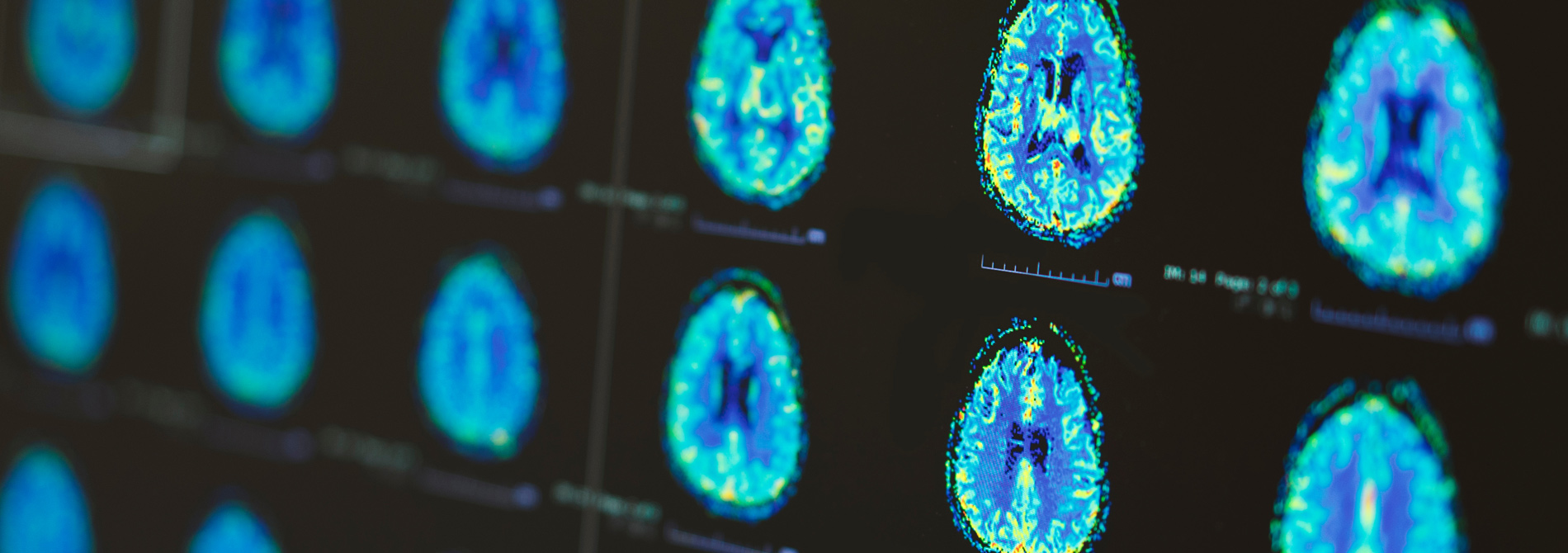Alcohol is a drug, and like all drugs, it can potentially affect your brain. How alcohol affects your brain can change over time, depending on how much you drink, how long you’ve been drinking, and other factors. So, if you’re concerned about how alcohol affects your health, here are some ways drinking might impact your brain.
As your body absorbs alcohol, it can significantly impact your brain. It interferes with your brain’s communication pathways and can affect how your brain processes information. The changes to the brain can stretch from a feeling of euphoria to a risk of passing out to a prolonged loss of consciousness. Both the neurological and psychological challenges of addiction can be treated. In Florida, people diagnosed with an alcohol use disorder can find evidence-based techniques at Hanley Center’s Center for Brain Recovery (CBR).
If you or a loved one need help, call our admissions team today at 561-841-1033.Six Ways Alcohol Changes Your Brain
1. Alcohol can make you aggressive.
Alcohol has been shown to increase aggression, particularly in those already prone to it. In other words, if you’re already angry and drink alcohol, chances are good that your anger will increase even further. Alcohol also reduces inhibitions and may make you feel more daring than usual. When this happens, you might do things drunk that you wouldn’t normally do while sober, like engage in risky behavior or violence.
2. Alcohol disrupts your sleep.
Alcohol can cause insomnia, nightmares, and other sleep disorders like restless leg syndrome (RLS). Alcohol also increases the risk of obstructive sleep apnea (OSA), a condition where breathing is interrupted during sleep. This can lead to fatigue and depression when you’re awake.
3. Alcohol affects the brain’s reward center.
Alcohol is addictive and can affect your brain’s reward center. This means that drinking alcohol produces pleasurable feelings, which makes you want to drink again. The reward center is located in the limbic system and includes structures such as the nucleus accumbens (NAc) and ventral tegmental area (VTA). It controls things like pleasure, motivation, memory formation, learning, and emotion regulation. Alcohol causes these areas of your brain to release large amounts of dopamine—a neurotransmitter that helps control these centers—and other chemicals such as serotonin or endorphins.
4. Alcohol can cause dementia.
Alcohol-related dementia is a type of brain damage that occurs when you drink too much alcohol for many years. Alcohol can damage your brain in many ways, but one way it does so is by interfering with the production of new brain cells and killing off existing ones. This can lead to shrinkage of the hippocampus, an area responsible for memory formation, learning, and emotion regulation. If not dementia, other forms of cognitive impairment may develop if you drink heavily over time.
5. Alcohol makes you forget things.
Alcohol affects the hippocampus, which is responsible for memory formation. This means that alcohol can cause blackouts and anterograde amnesia. People with this type of amnesia struggle to form new memories. In many cases, it’s only a temporary issue. In extreme cases, it could permanently affect your ability to retain new information.
6. Drinking can cause or worsen depression and anxiety.
As a depressant, alcohol slows down your brain and body. This makes you more prone to feeling depressed or anxious when you drink. When those feelings come on, they’re likely to be more intense than they would have been otherwise. People who already suffer from depression and anxiety are more likely to experience anxious feelings after drinking. Also, as drinking tends to be a common form of self-medication, people who abuse alcohol may be living with undiagnosed depression, anxiety, or some other mental health disorder.
Help for an alcohol use disorder is available right now.
Alcoholism can have serious health consequences if you don’t get help, but there are things you can do to recover from alcohol abuse and addiction. The recommended first step is going through a medically-monitored detox. As alcohol withdrawal symptoms can be life-threatening, a medical detox allows your symptoms to be managed and eliminates the risks associated with a detox at home. The next level of care for alcohol use disorder can be a residential program or an Intensive Outpatient Program (IOP). The Center for Brain Recovery (CBR) provides a resource for adult patients of all ages to receive treatment involving psychological testing, neurofeedback to detect brain activity and guide brain retraining, sleep program protocols to help patients naturally regulate healthy sleeping patterns, and more. Funding plans are available, and most insurance coverage is accepted.
Hanley Center is a well-known care provider offering a range of treatment programs targeting the recovery from substance use, mental health issues, and beyond. Our primary mission is to provide a clear path to a life of healing and restoration. We offer renowned clinical care for mental illnesses and have the compassion and professional expertise to guide you toward lasting wellness. For information on our programs, call us today: 561-841-1033.




